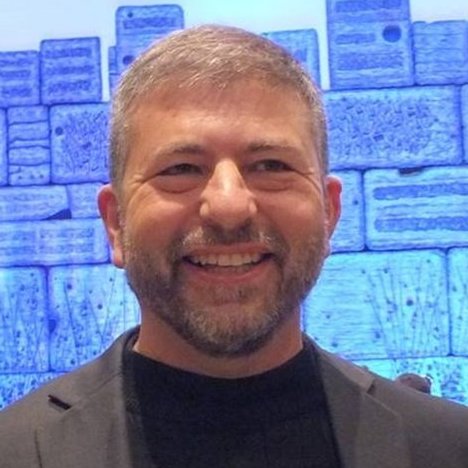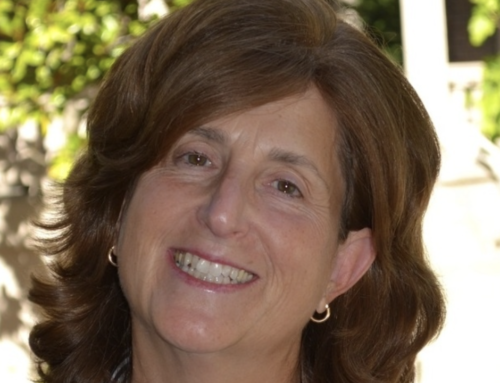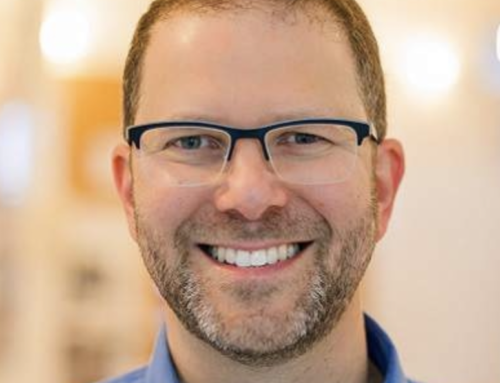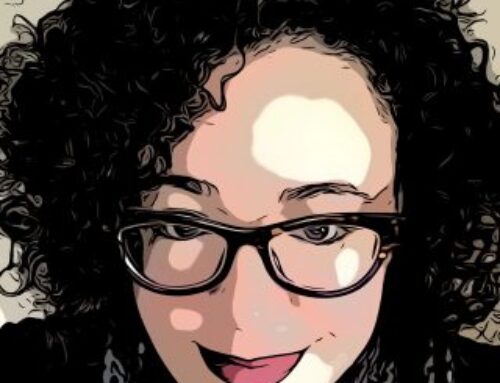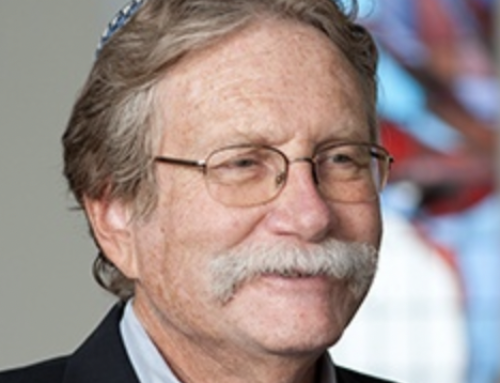Shavuot is a pilgrimage festival, like Pesach and Sukkot. But it differs from those in an interesting way.
Leviticus 23, after describing Shavuot’s Temple rituals, repeats the commandments of peah and leket, to leave the corners of the fields and the unharvested gleanings of the crops for the poor. Given the chapter’s ritual focus, why this ethical addition?
Pesach, with its unleavened bread and arduous dietary restrictions is clearly in some profound way about food. Sukkot focuses on where, in what and how we live – its theme is shelter. Both mandate a form of enforced poverty – eating matzah, the bread of affliction; living in a shack, the most modest of dwellings. These holidays are great social equalizers: fulfilling their central obligations make the wealthy more like the poor, and no one, rich or poor, is excluded by the celebrations.
Biblical Shavuot is different. The celebration focuses on the first fruits and the new grain; the main celebrants are the landowners, with the grain and fruits to bring.
Shavuot then is “about” land, a basic element of civilization along with food and shelter. Ideally, everyone was supposed to be a landowner — but the Torah realizes that this is not the case. The holiday, then, has the dangerous potential of splitting the people between landed and landless, and rather than like Pesach and Sukkot, bringing rich and poor together in a shared experience, it could reinforce class differences. The unexpected verse about leaving gleanings for the poor (reinforced aggadically in the story of Ruth read on Shavuot) is a reminder of mutual obligation, that the land should be a source of justice and not division, that the holiday requires an ethic of care, and not just a celebration of wealth.
This is true for all holidays: gratitude for our bounteous harvests is best expressed through compassion for others — not through closed convocations of the favored.
